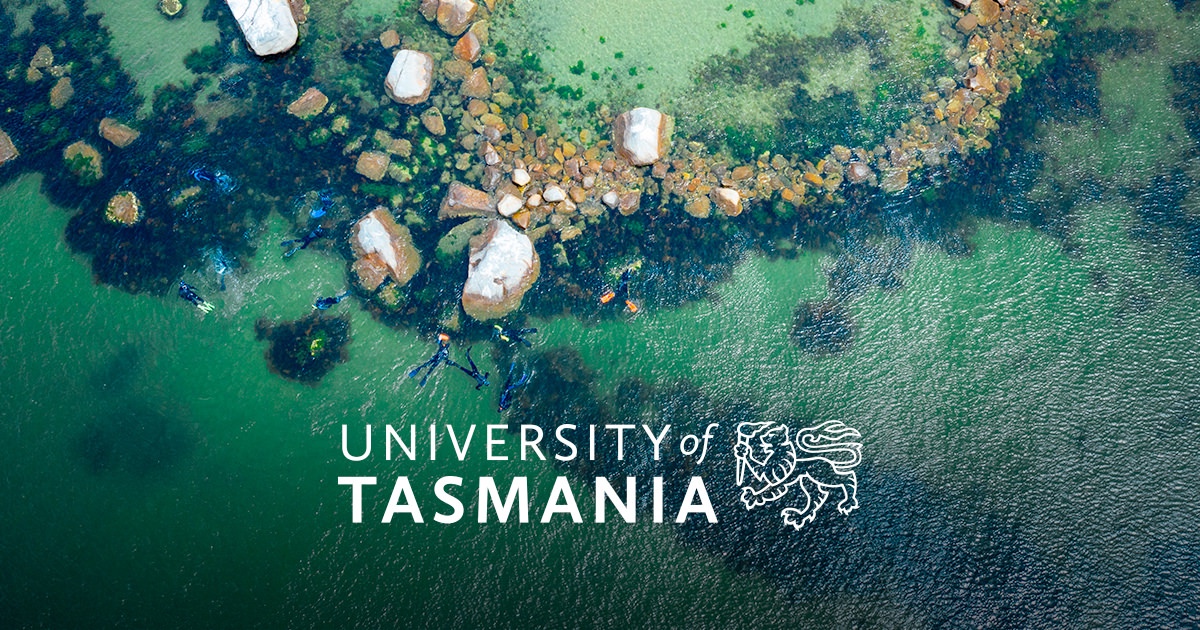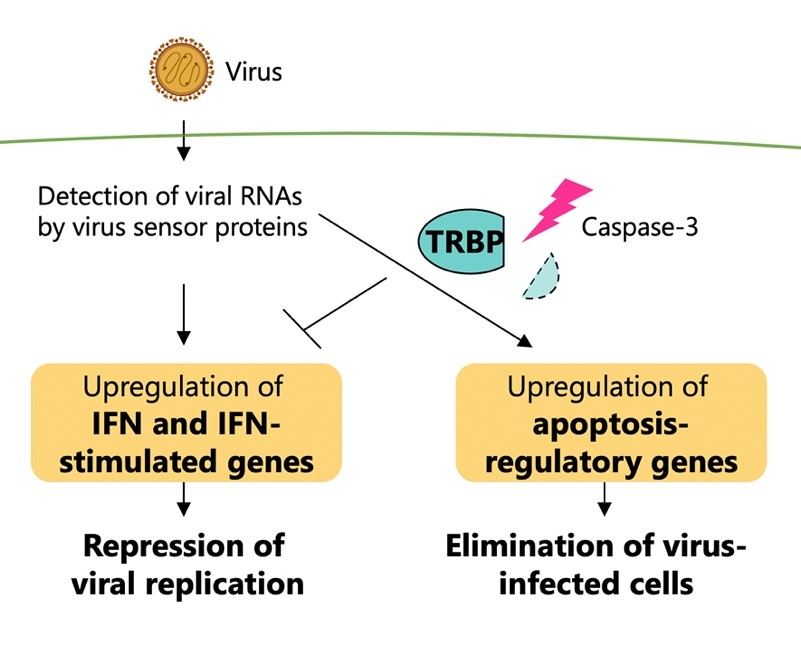The Australian appetite for shark meat, commonly referred to as ‘flake’, continues to drive species to extinction. In breaking news, the school shark has been listed today as Critically Endangered by the international scientific body, the International Union for Conservation of Nature (IUCN).
Since being officially declared overfished in 1990, the population of school shark in Australia has crashed to around 10% of their original numbers with genetic testing estimating that there are only an estimated 80,000 adults remaining (1).
School shark now joins the ranks with the scalloped hammerhead shark as a critically endangered animal that Australia still legally trades and consumes. Both species are listed as ‘Conservation Dependent’ under Australia’s national environment laws, a special threatened species category that allows the commercial exploitation of fish.
Dr Leonardo Guida, shark scientist at the Australian Marine Conservation Society (AMCS) said, “I’m gutted but I can’t say I didn’t see this coming. The science has been telling us the population here in Australia has crashed by around 90%. It’s getting tiring hearing that ‘Australia’s fisheries are fine’ when they’re not – we have big issues in our backyard that need to be sorted, and sorted out now.
“This year the smooth handfish, became the first fish of modern times to be declared extinct largely because of Australian fishing (2). The school shark is looking at the same fate because of the way we fish for gummy shark. Where do we draw the line?
“We urgently need to move away from fishing for school shark altogether. It’s clear our current environmental laws are not working, and in the meantime we need to reconsider our consumption of ‘flake’ or shark meat,” said Dr Guida.
School sharks are caught by hook and gillnets in Australia’s largest fishery, the Southern and Eastern Scalefish and Shark Fishery. Until the 1980s, school shark were the primary targeted shark but that has since shifted to gummy shark, a fish currently described as ‘sustainable’ and a popular staple in fish and chips shops across Australia. Up to 195 t of school shark is allowed to be caught as ‘unavoidable’ bycatch when fishing for gummy shark. The school shark bycatch was worth $1.87 million in 2017-18 (3) and there is evidence that deliberate targeting of the species may have been occurring in recent years (4).
Although a recovery strategy was implemented in 2010 for the school shark, it was projected that the species would take another 66 years to climb back to 20% of its original numbers. However, there has been no measurable recovery thus far (5), and indications from latest population assessments suggest a high degree of uncertainty that school shark will meet its rebuilding target (6).
School shark is a globally distributed migratory species, known as “tope” throughout the rest of the world. Just this year, school shark was listed on the Convention on the Conservation of Migratory Species (CMS) Appendices – an international instrument that drives conservation cooperation across national jurisdictions for species that travel between more than one country. Whether to list the school shark came down to a vote; a vote in which Australia was the only country to oppose.
“It was disappointing that Australia was willing to oppose global protection for a critically endangered shark species. We were pleased protection went ahead under the Convention for the Conservation of Migratory Species despite Australia’s objection. The school shark needs a global conservation effort to rescue it from extinction” said Lawrence Chlebeck, Marine Biologist with Humane Society International (HSI).
AMCS and HSI are currently running a joint campaign “Shark Champions” supported by the Shark Conservation Fund, which is seeking to improve the conservation of sharks by improving the sustainability of Australia’s fisheries and environmental laws.








